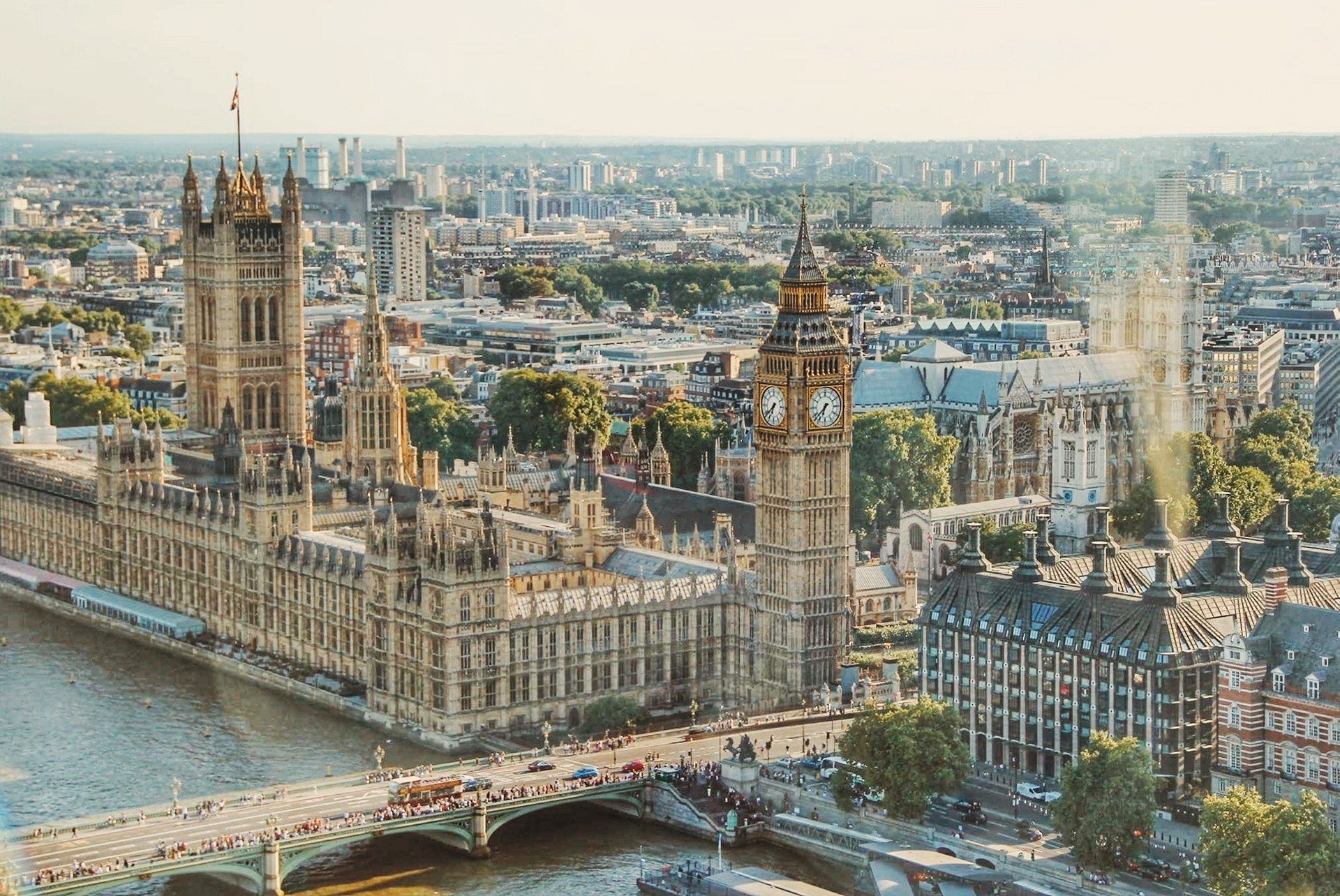Green policy ideas for the new PM
Read time: 4 minutes

Read time: 4 minutes

At Green Economy, we are acutely aware that the uptake of green technologies and services is impacted far more by policy than supply and demand. Here are some of the policies we think would make an impact to improve roll out of green technologies and deliver those net zero targets.
Expanding the existing energy company obligation to make homes more efficient would be a huge win in reducing emissions and helping people this winter. Latest estimates suggest around 13 per cent of households in England are in fuel poverty, 25 per cent in Scotland, 12 per cent in Wales and 18 per cent in Northern Ireland. These statistics will only increase as the cost of living crisis continues, and energy supply chains see continued turbulence. The current energy company obligation (ECO) scheme places a requirement on energy suppliers to install energy efficiency and heating measures on UK households, recuperating costs through energy bills. Around 2.4 million homes have received energy efficiency upgrades through the scheme as of February 2022.
However, cost and a lack of confidence remain major barriers to the uptake of green building technology. As more households enter fuel poverty and struggle to pay their bills, government energy efficiency support schemes and subsidies are needed to encourage the uptake of green building technologies; the average consumer is unlikely to prioritise this otherwise. At Green Economy, we’re here to advocate for this technology – helping to demystify the tech and provide consumers and businesses with the confidence to invest.
The UK government had their net zero strategy contested back in August after it was discovered that their policy ideas had no real evidence as to how effective they’d be in practice, and many of their decarbonisation plans were reliant on technologies that are yet to exist. The UK government must now redraft their net zero strategy by March 2023 with evidence as to how it will work.
Devolution presents a huge opportunity if the UK is to meet its 2050 net zero targets. By devolving action to local authorities, mayoral city regions, and local councils, each region can exercise powers over their transport, housing, business partnerships, and natural environment. Levelling up on environmental goals won’t be possible if sufficient control isn’t handed over to local authorities. Greater Manchester, for example, have a more ambitious 2038 net zero target than the UK as a whole; the ability of these authorities to instigate policy across their regions is essential for net zero. At Green Economy, we’ve provided Greater Manchester with a sector mapping report which found it has the largest green technologies and services supply chain outside of London. This local investment has paid dividends in supporting the entrepreneurs and innovators we need to deliver net zero.
Carbon offsetting has its place, but climate policies that encourage the direct reduction and avoidance of carbon emissions need to be prioritised above those that encourage carbon capture and offsetting tactics. As long as there’s no real incentive to cut emissions and uptake low or no emission technologies, net zero targets will continue to lag.
The government is required to set at least one long term target across air quality, biodiversity, resource efficiency, water, and waste reduction. Currently, MPs are recommending the restoration of 30 per cent of the UK’s saltmarshes and seagrass meadows as part of a climate strategy. Recent studies have revealed the UK has lost over 90 per cent of seagrass meadows, a devastating decline which has had a detrimental impact on the nation’s biodiversity. Industry-wide pollution, farming, land and coastal developments have all contributed to this decline.
Seagrass, if left to its own devices, is low maintenance and an effective, natural means of permanent carbon storage. Policy designed to protect the few saltmarsh areas that remain and restore those which have been lost would certainly be embraced by climate groups and environmental organisations addressing issues of biodiversity with land restoration and nature-based solutions.


The government is facing calls to triple floating offshore wind capacity from 5GW by 2030 to 15GW by 2035. The UK are currently world leaders for floating offshore wind, with advanced, innovative technology teeing up floating offshore wind to overtake fixed offshore by 2050. Policy focussing on the rollout of floating offshore wind farms around the UK will help to achieve this target, however this will require sufficient investment. 2021 alone saw upwards of £1bn inward investment into UK floating offshore wind supply chains.
As the UK’s largest emitting sector, decarbonising transport is essential for net zero. Currently, 91 per cent of emissions within the UK transport sector come from road transport, and an electric vehicle (EV) produces about a third of the greenhouse gas emissions generated by petrol and diesel equivalents. Policy designed to encourage the uptake of EVs could help reduce transport sector emissions.
Since the cost of running an EV is dependent on energy prices, the cost of ownership for EVs has increased closer to that of petrol and diesel cars. Over 30 per cent of households do not have access to off-street charging, so a faster rollout of EV charge point technology to improve accessibility is necessary. There are also calls to cut VAT on public charging. At present, private chargers benefit from 5 per cent VAT whereas public chargers have VAT at 20 per cent, meaning those without the capacity for private charging are punished.
Climate groups are concerned by the terrifying rate at which the UK is losing nature and wildlife, leading to increasing pressure on the government to take decisive action. Alongside this, the rollout of offshore wind could provide some relief in the wake of energy supply shortages, energy efficiency measures could protect households from astronomical bills, and clear definitions surrounding net zero and encouraging businesses to cut their emissions should give UK climate policy some hope and certainty.
Share